Aeon Video has a monthly newsletter!
Get curated editors’ picks, peeks behind the scenes, film recommendations and more.
Amid the chaos of being, Nietzsche believed that plants offer us inspiration for living
Aristotle thought that plants possess what he called a ‘vegetative soul’. Centred on growing and reproducing, this primordial, unthinking state of being was encompassed and far surpassed by the ‘rational soul’ of humans. Friedrich Nietzsche, however, believed that, in the overwhelming confusion of considering how we might live, there was much we could learn from plants – deeply rooted in the ground and yet limitlessly expressive as they are. Borrowing from some of Nietzsche’s lesser-known writings, this short video essay might just inspire you to look at a plant growing through a crack in the ‘inhospitable ground’ – and perhaps even Nietzsche himself – in a new light.

video
Biography and memoir
As her world unravels, Pilar wonders at the ‘sacred geometry’ that gives it structure
20 minutes
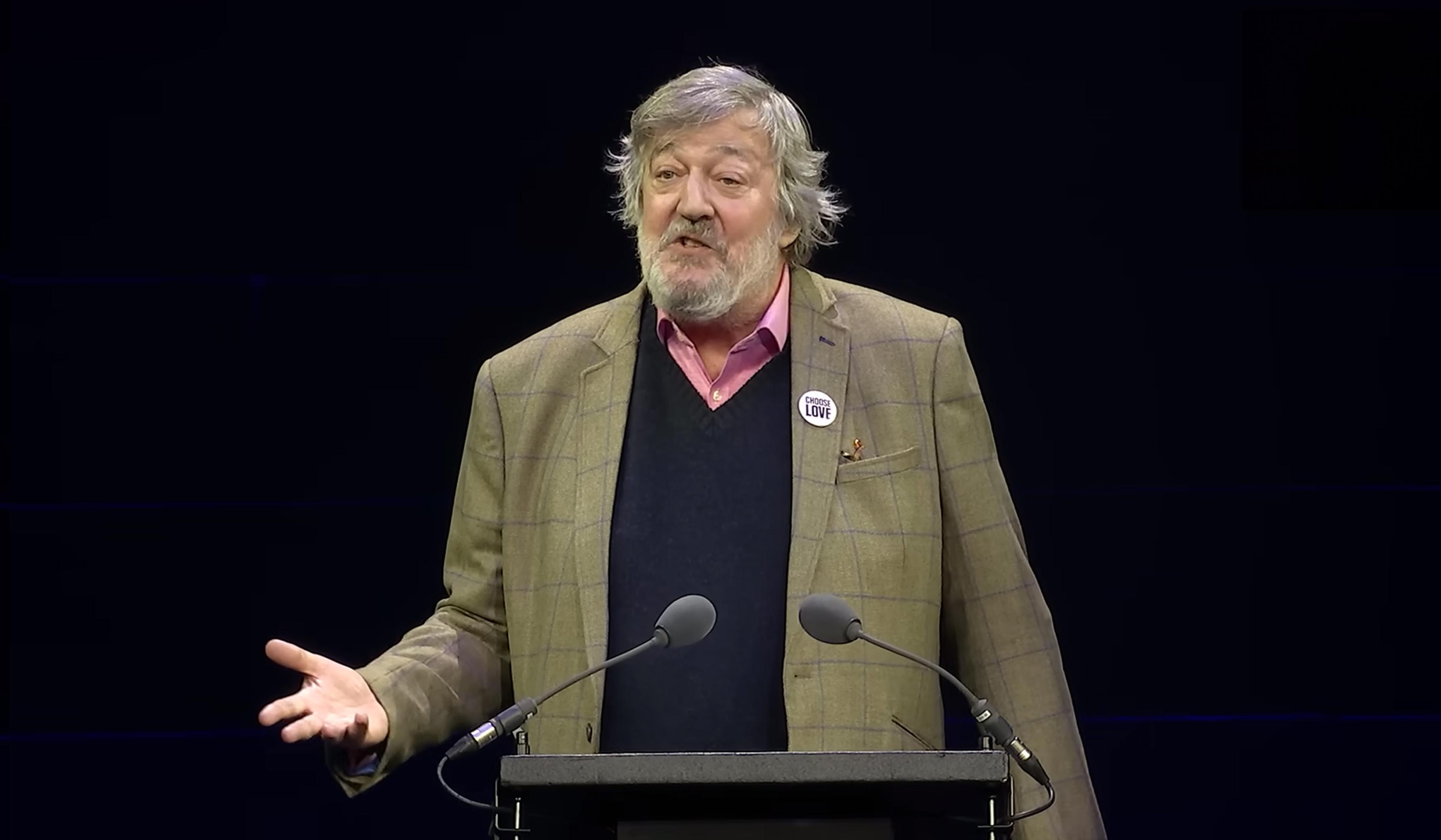
video
Meaning and the good life
Why strive? Stephen Fry reads Nick Cave’s letter on the threat of computed creativity
5 minutes
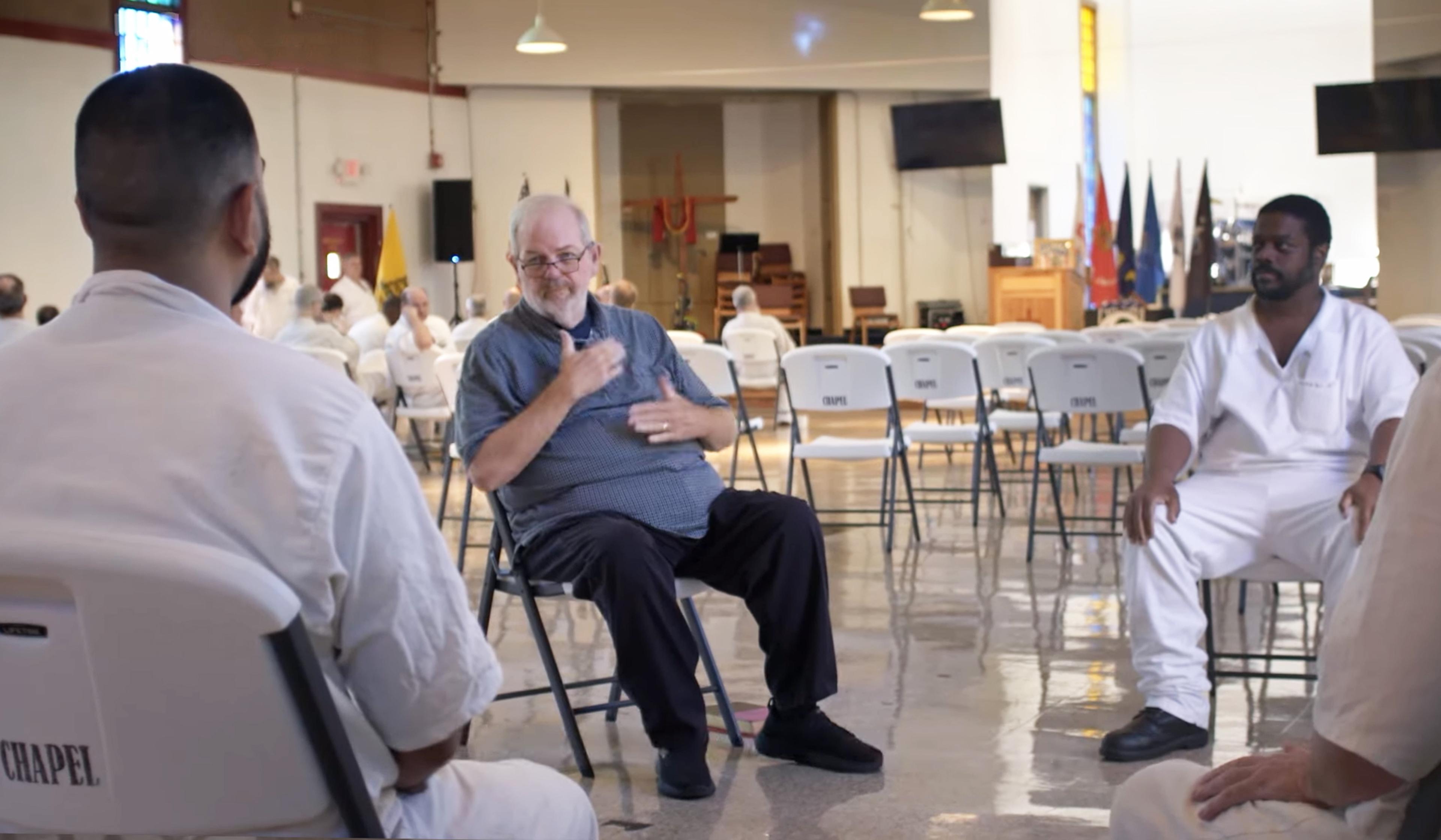
video
Human rights and justice
‘I know that change is possible’ – a Deaf prison chaplain’s gospel of hope
18 minutes
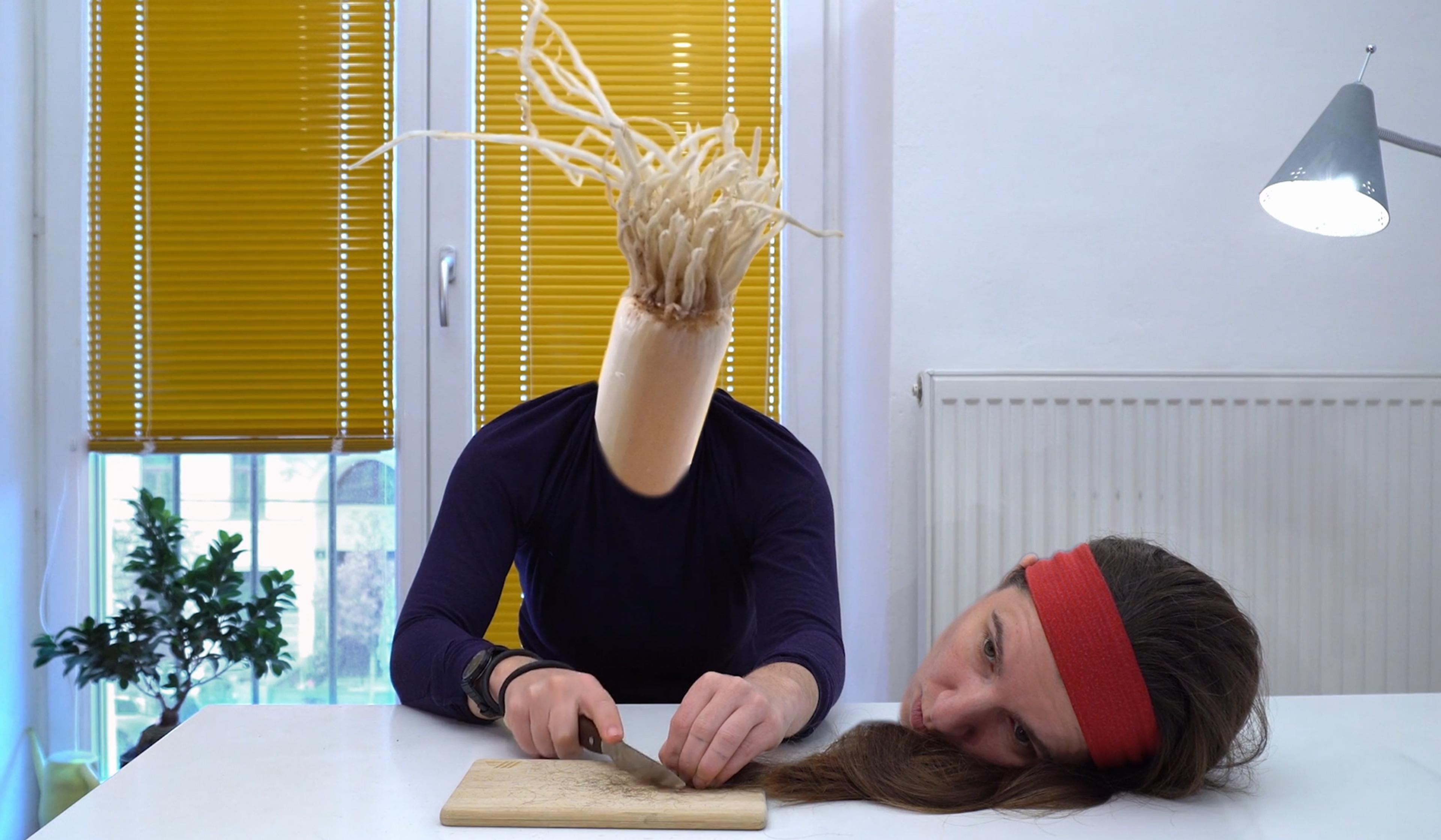
video
Technology and the self
An artist swaps her head with everyday objects in a musing on consumerism
4 minutes

video
Art
The overlooked polymath whose theatrical oeuvre made all of Rome a stage
30 minutes
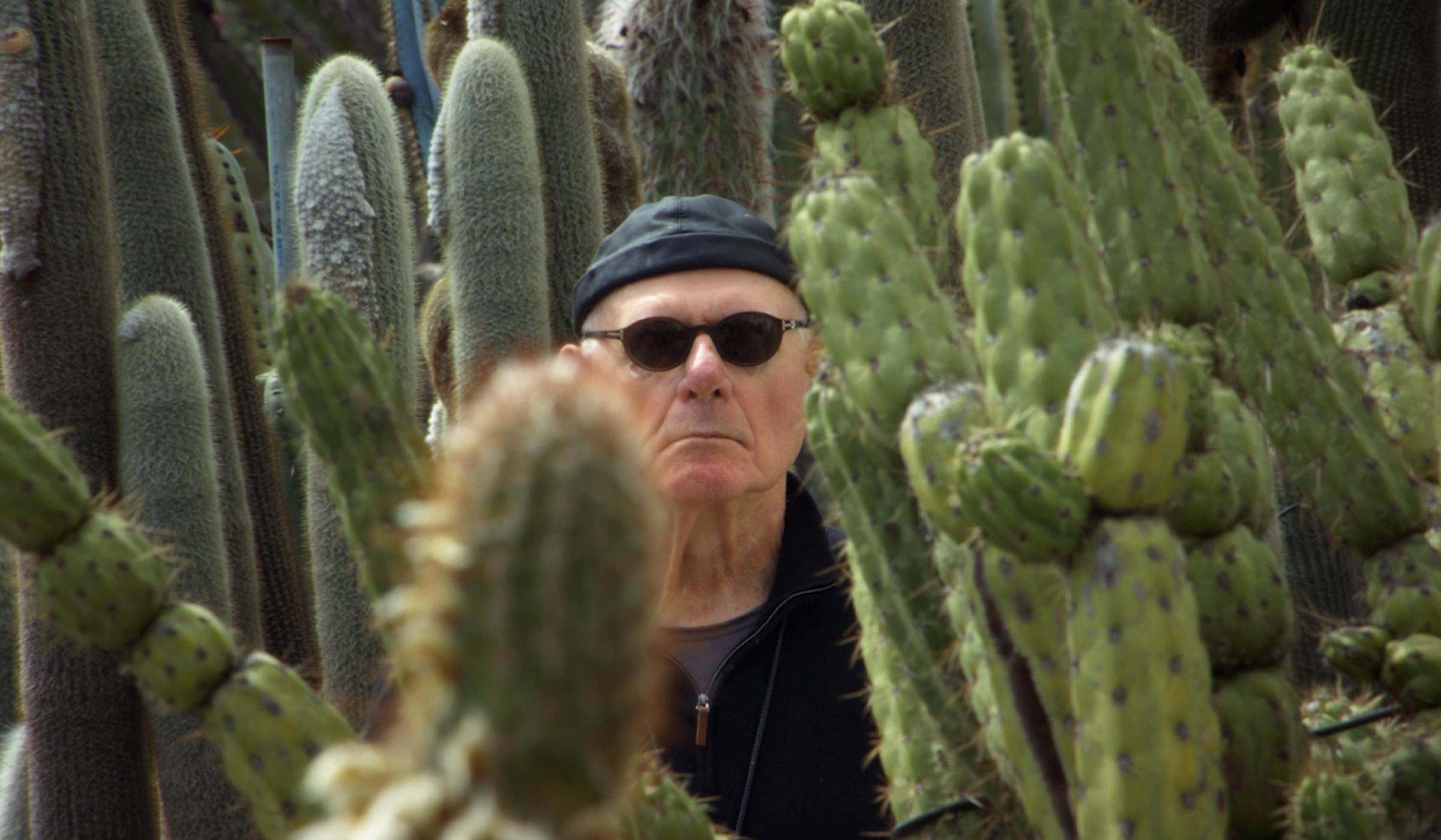
video
Beauty and aesthetics
The grit of cacti and the drumbeat of time shape a sculptor’s life philosophy
11 minutes
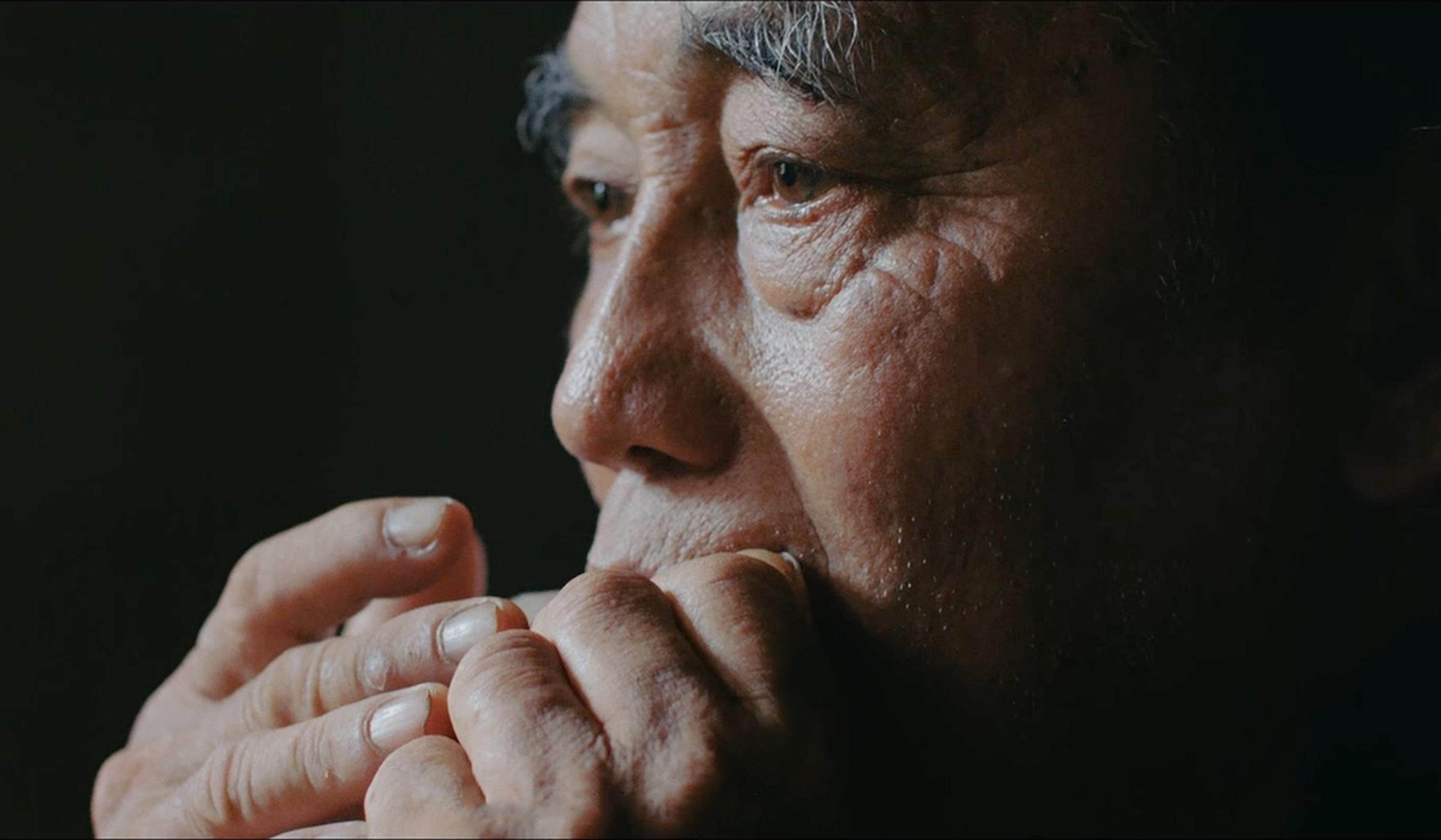
video
Language and linguistics
Messages born of melody – hear the whistled language of the Hmong people
18 minutes

video
Film and visual culture
Stop-motion origami unfurls in a playful exploration of how senses overlap
3 minutes
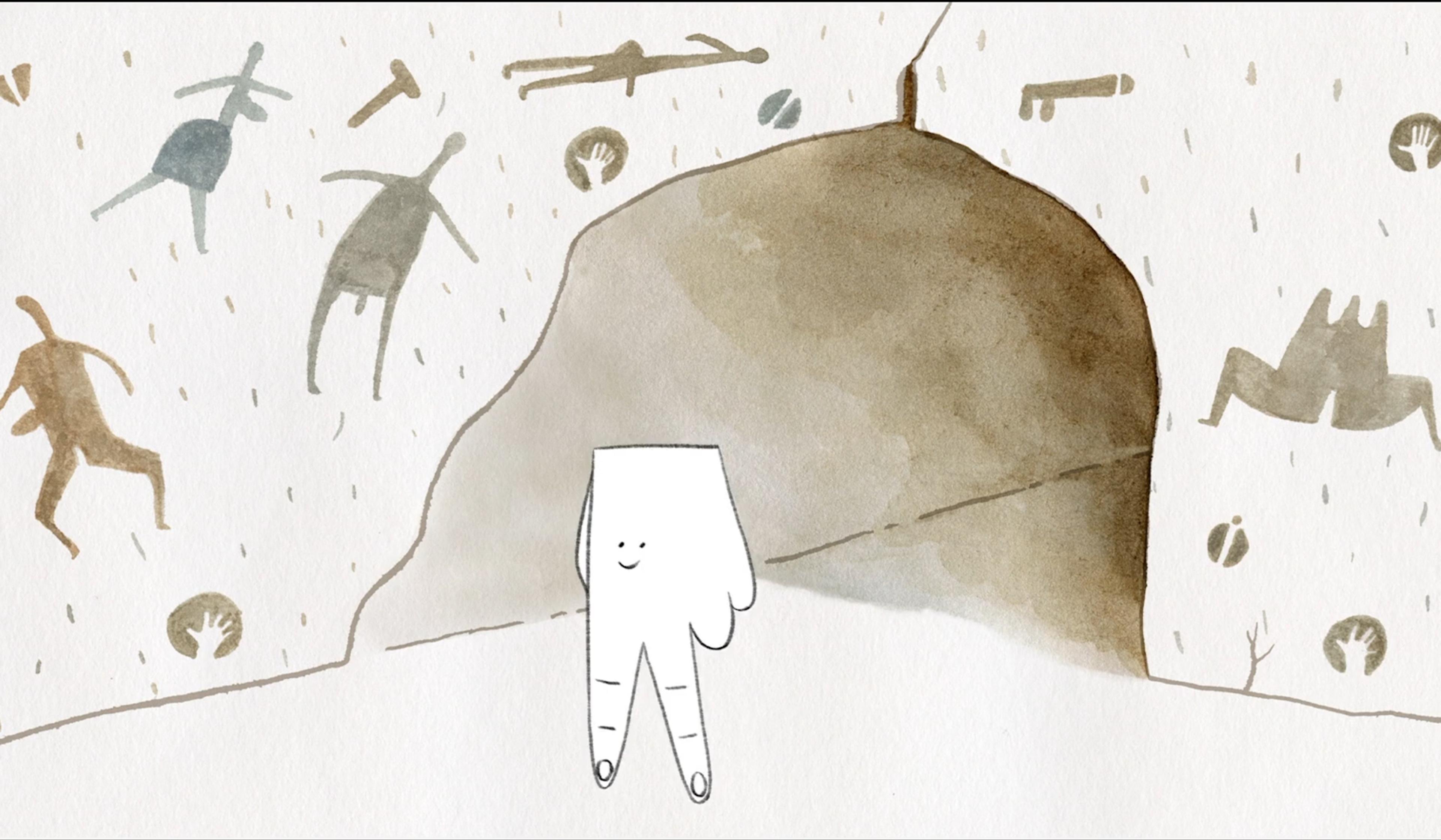
video
Sex and sexuality
For ages, solo sex was hardly taboo. What led to its centuries-long dry spell?
4 minutes